Home>Home Maintenance>What Happens If A Buyer Does Not Respond To The Inspection Report?


Home Maintenance
What Happens If A Buyer Does Not Respond To The Inspection Report?
Modified: March 6, 2024
If a buyer fails to respond to the inspection report, it may indicate their satisfaction or a desire for further negotiations. Learn about the implications for home maintenance.
(Many of the links in this article redirect to a specific reviewed product. Your purchase of these products through affiliate links helps to generate commission for Storables.com, at no extra cost. Learn more)
Introduction
Welcome to the world of home maintenance! As a homeowner or potential buyer, one of the most crucial steps in the home buying process is the inspection report. It serves as a comprehensive assessment of the property’s condition and can help you make informed decisions about your investment.
In this article, we will explore the importance of responding to the inspection report and the potential consequences of neglecting this crucial step. We will also discuss potential negotiations and remedies that can be pursued, as well as the legal ramifications that may arise from non-compliance.
Understanding the inspection report is vital for both buyers and sellers. It provides a detailed analysis of the property’s structural integrity, mechanical systems, and overall safety. The report typically includes photographs, descriptions of issues, and recommendations for repairs or further assessments.
Once the inspection report is received, it is important to review it thoroughly and identify any areas of concern. This is the time to consult with professionals such as contractors or engineers to evaluate the severity of the issues mentioned in the report.
Now, let’s delve deeper into the reasons why responding to the inspection report is so crucial.
Key Takeaways:
- Responding to the inspection report is crucial for buyers and sellers to address safety concerns, negotiate repairs, and protect their investment in a real estate transaction.
- Failing to respond to the inspection report can lead to financial burdens, legal disputes, and missed negotiation opportunities, emphasizing the importance of proactive communication and timely action.
Understanding the Inspection Report
The inspection report is a critical document that provides a comprehensive assessment of the property being inspected. It outlines the condition of various components, such as the foundation, roof, plumbing, electrical systems, HVAC systems, and more. Understanding the inspection report is essential for making informed decisions regarding the property.
When reviewing the inspection report, it’s important to pay attention to the following key elements:
- Descriptions of Issues: The report will highlight any existing problems or potential issues with the property. This may include structural defects, water damage, mold, pest infestations, faulty wiring, or plumbing issues. Each issue will be clearly described to provide a thorough understanding of the problem.
- Severity and Recommendations: The report should indicate the severity of each issue and provide recommendations for further action. Some issues may require immediate attention, while others may be minor concerns that can be addressed in the future. Understanding the urgency and recommended remedies is crucial.
- Photographs and Documentation: A well-documented inspection report will include photographs, which can provide visual evidence of the identified issues. This helps in understanding the extent and nature of the problems and can be particularly useful when seeking quotes or assessments from contractors or other professionals.
It’s important to note that the inspection report is not intended to be a list of demands or a bargaining tool. Its purpose is to inform both the buyer and the seller about the condition of the property. By understanding the report and its implications, you can make informed decisions about the next steps in the home buying process.
It’s common for an inspection report to uncover issues or concerns that were previously unknown to the buyer. However, it’s important to approach the report with a level-headed mindset, as not every issue may warrant immediate action or negotiation.
Now that we have a solid understanding of the inspection report, let’s explore why it is crucial to respond to the report in a timely and appropriate manner.
Importance of Responding to the Inspection Report
The inspection report serves as a crucial tool for both the buyer and seller in a real estate transaction. It provides a comprehensive assessment of the property’s condition and helps in making informed decisions about the purchase. Promptly responding to the inspection report is essential for several reasons:
- Identification of Major Issues: The inspection report may uncover significant issues that could have a significant impact on the property’s value or safety. Responding to the report allows the buyer to address these issues and determine if they are willing to proceed with the purchase or negotiate repairs or concessions with the seller.
- Negotiation Leverage: The inspection report can provide valuable negotiation leverage for the buyer. By identifying issues and presenting them to the seller, buyers can seek repairs, concessions, or a reduced purchase price. Ignoring or neglecting to respond to the report may result in missed opportunities for negotiation.
- Protection for the Buyer: Responding to the inspection report is crucial for the buyer’s protection. It allows them to take necessary steps to ensure the property is safe and in satisfactory condition before finalizing the purchase. Failing to respond to the report could potentially expose the buyer to financial risks or legal issues in the future.
- Clear Communication: Responding to the inspection report promotes clear and effective communication between the buyer and seller. It allows for a transparent discussion about the property’s condition and any necessary repairs or remedies. This helps to establish trust and understanding between the parties involved.
- Peace of Mind: Addressing the issues highlighted in the inspection report provides the buyer with peace of mind. It gives them confidence in their investment and ensures that they are aware of any potential problems beforehand. This allows the buyer to proceed with the transaction with greater confidence and peace of mind.
It’s important to note that the response to the inspection report should be done in a timely and professional manner. It is recommended to consult with professionals such as contractors or inspectors to assess the severity of the identified issues and determine the appropriate course of action.
By promptly responding to the inspection report, buyers can ensure that they are making an informed decision, protect their investment, and address any major issues before finalizing the purchase.
Now that we understand the importance of responding to the inspection report, let’s explore the potential consequences of failing to do so.
Consequences of Not Responding to the Inspection Report
When it comes to the inspection report, failure to respond can have significant consequences for both buyers and sellers. Ignoring or neglecting the inspection report can lead to a variety of issues, including:
- Potential Safety Hazards: Failing to address significant issues identified in the inspection report may result in safety hazards for the occupants. Whether it’s electrical problems, structural issues, or other concerns, disregarding these issues can put people at risk and may even lead to legal liabilities.
- Financial Burden: Ignoring the inspection report can lead to unexpected financial burdens down the line. Undisclosed issues or failures to address identified problems may result in costly repairs or renovations post-purchase. This can put a strain on the buyer’s financial resources and disrupt their plans for the property.
- Lawsuits and Legal Issues: Failing to address significant issues disclosed in the inspection report can lead to potential legal disputes. Buyers who were not properly informed about the property’s condition may seek legal recourse against the seller for nondisclosure or misrepresentation. This can result in stressful and costly legal battles.
- Loss of Negotiation Opportunities: Not responding to the inspection report in a timely manner can result in the loss of valuable negotiation opportunities. Buyers who fail to address the issues with the seller may not be able to negotiate repairs or concessions, leading to a less favorable purchasing experience.
- Insurance and Financing Challenges: Some insurance companies and lenders require a satisfactory inspection report before providing coverage or approving a loan. Failing to address the identified issues may lead to difficulties in obtaining insurance or financing for the property. This can create delays and complications in the home buying process.
It’s important to note that the consequences of not responding to the inspection report may vary depending on the specific circumstances and the laws of the jurisdiction in which the transaction takes place. However, it is generally advisable to address the issues identified in the report promptly and professionally to avoid potential problems down the line.
Now that we understand the potential consequences of neglecting the inspection report, let’s explore the potential negotiations and remedies that can be pursued.
If a buyer does not respond to the inspection report, they may lose the opportunity to negotiate repairs or credits. It’s important to review the report promptly and communicate with the seller.
Potential Negotiations and Remedies
When faced with issues identified in the inspection report, buyers and sellers have several options for potential negotiations and remedies. Here are some approaches that can be considered:
- Requesting Repairs: Buyers can request that the seller address certain issues by making necessary repairs before the close of the transaction. This can include fixing plumbing or electrical problems, addressing structural issues, or remedying any safety hazards. Both parties can negotiate the scope and cost of the repairs before moving forward.
- Negotiating a Price Reduction: Instead of requesting repairs, buyers may negotiate a price reduction based on the estimated cost of addressing the identified issues. This can be an alternative solution, especially if the buyer prefers to oversee the repairs themselves or if the seller is unable or unwilling to make the repairs.
- Obtaining Credits or Concessions: In some cases, buyers may request credits or concessions instead of repairs or price reductions. For example, the seller may agree to contribute a certain amount towards closing costs, provide a home warranty, or offer other incentives to compensate for the identified issues.
- Further Inspections or Assessments: If the inspection report raises concerns about the property, buyers may seek further inspections or assessments by specialized professionals. This can provide additional information and insight into the issues at hand and help determine the appropriate course of action.
- Renegotiating Terms: Based on the severity of the issues identified in the inspection report, buyers may consider renegotiating the terms of the purchase agreement. This may involve extending deadlines, revising contingencies, or exploring other options to ensure their concerns are adequately addressed.
It’s important for both buyers and sellers to approach negotiations with a willingness to find a mutually beneficial solution. Effective communication, flexibility, and a focus on problem-solving can lead to successful resolutions that satisfy both parties.
However, it’s crucial to note that not all negotiations will lead to an agreement. If an impasse is reached or if the identified issues are deemed too significant or costly to address, buyers may choose to walk away from the transaction or explore other options.
Now that we’ve explored potential negotiations and remedies, let’s examine the legal ramifications that may arise from not responding to the inspection report.
Legal Ramifications
When it comes to the inspection report, there can be legal ramifications for both buyers and sellers if they fail to respond appropriately. Here are some potential legal consequences that may arise:
- Failure to Disclose: Sellers have a legal obligation to disclose any known defects or issues with the property to prospective buyers. If sellers intentionally fail to disclose material information or misrepresent the property’s condition, they may be liable for fraud or misrepresentation. This can lead to legal disputes and potential financial liability for the seller.
- Breach of Contract: Failing to address issues identified in the inspection report may be considered a breach of the purchase agreement or contract between the buyer and seller. This can give the non-breaching party the right to seek legal remedies, such as specific performance, monetary damages, or termination of the contract.
- Lawsuits and Litigation: If buyers discover significant issues that were not disclosed or addressed, they may choose to file a lawsuit against the seller for nondisclosure or misrepresentation. Likewise, sellers may take legal action if buyers fail to perform their obligations as stipulated in the contract. Lawsuits can be both financially and emotionally draining for all parties involved.
- Professional Negligence: If the inspection was conducted by a professional inspector, errors or negligence on their part can result in legal liability. Buyers may have grounds to file a lawsuit against the inspector for failing to identify or report significant issues that would have influenced their decision to purchase the property.
- Unpermitted or Non-Compliant Work: If the inspection report reveals unpermitted or non-compliant work done on the property, it can lead to legal complications. Buyers may be at risk of facing fines, penalties, or having to rectify the work to meet legal requirements. Sellers may also face legal consequences for non-disclosure or failure to rectify the issues.
It’s important for both buyers and sellers to consult with legal professionals to understand their rights, obligations, and potential legal ramifications. Each jurisdiction may have specific laws and regulations governing real estate transactions, so it’s crucial to seek legal advice tailored to the specific situation.
By responding to the inspection report in a timely and appropriate manner, buyers and sellers can minimize the risk of facing legal disputes and protect themselves from potential legal liabilities.
Now that we’ve explored the legal ramifications, let’s conclude our discussion on the importance of responding to the inspection report.
Conclusion
In conclusion, the inspection report plays a vital role in the home buying process. It provides valuable insights into the condition of the property and helps buyers make informed decisions. Responding to the inspection report is essential to protect both buyers and sellers and ensure a smooth and successful real estate transaction.
By understanding the inspection report and its implications, buyers can identify any major issues, negotiate repairs or concessions, and make informed decisions about whether to proceed with the purchase. It also allows buyers to address safety concerns and protect their investment in the long run.
For sellers, responding to the inspection report demonstrates transparency and helps to maintain trust with potential buyers. It provides an opportunity to address any issues and negotiate solutions that are fair and reasonable for both parties involved.
Failing to respond to the inspection report can lead to serious consequences. Buyers may face financial burdens, safety hazards, and potential legal liabilities if significant issues are overlooked or neglected. Sellers may encounter legal disputes, reputational damage, and financial loss if they fail to fulfill their obligations or disclose material defects.
To avoid these pitfalls, it is essential for both buyers and sellers to engage in open and proactive communication. By exploring potential negotiations and remedies, parties can find mutually beneficial solutions and ensure a smooth and successful real estate transaction.
Additionally, it is crucial to seek legal advice when necessary, particularly in complex situations or when dealing with unpermitted work or non-compliance issues. Legal professionals can provide guidance and protect your rights throughout the process.
Remember, the inspection report is not a hurdle to overcome but rather a valuable tool that helps buyers and sellers make informed decisions. By responding promptly and professionally, you can navigate the challenges that may arise and move closer to achieving your real estate goals.
So, the next time you receive an inspection report, take the time to review it carefully, consult with professionals, and respond to the report in a timely and appropriate manner. Your investment and peace of mind depend on it.
Frequently Asked Questions about What Happens If A Buyer Does Not Respond To The Inspection Report?
Was this page helpful?
At Storables.com, we guarantee accurate and reliable information. Our content, validated by Expert Board Contributors, is crafted following stringent Editorial Policies. We're committed to providing you with well-researched, expert-backed insights for all your informational needs.
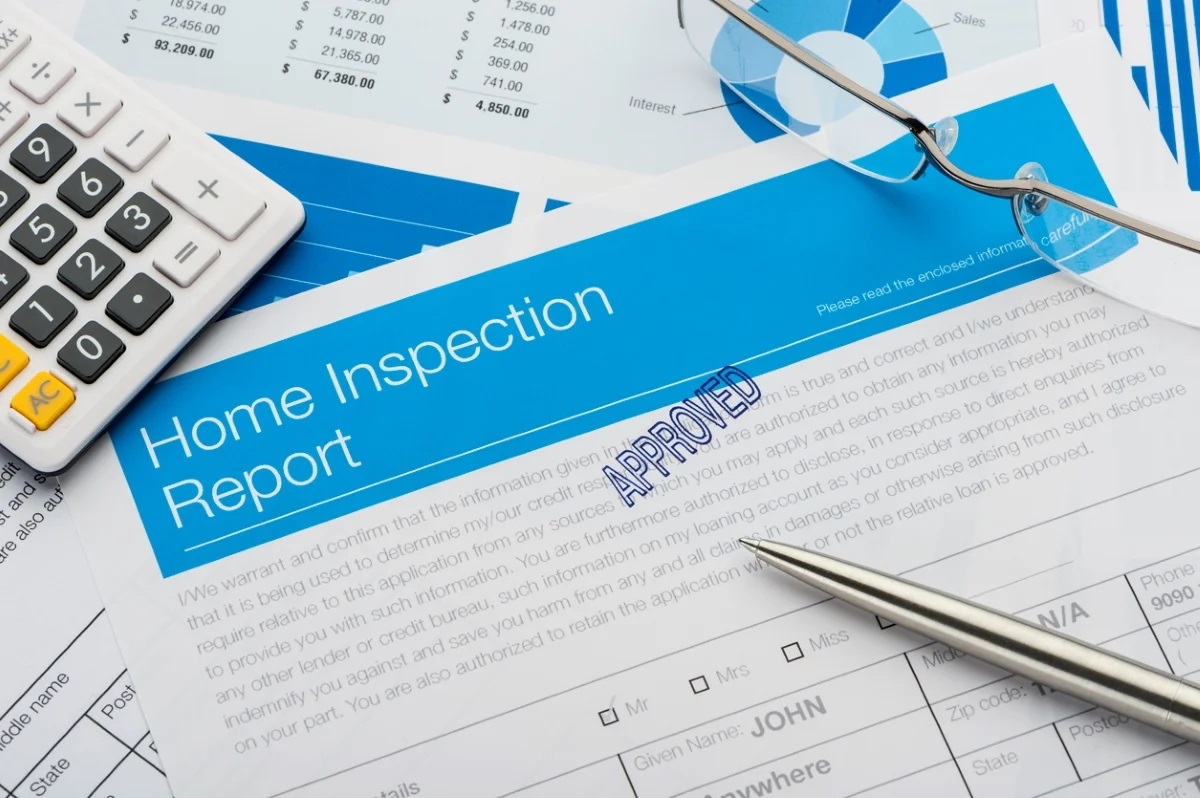

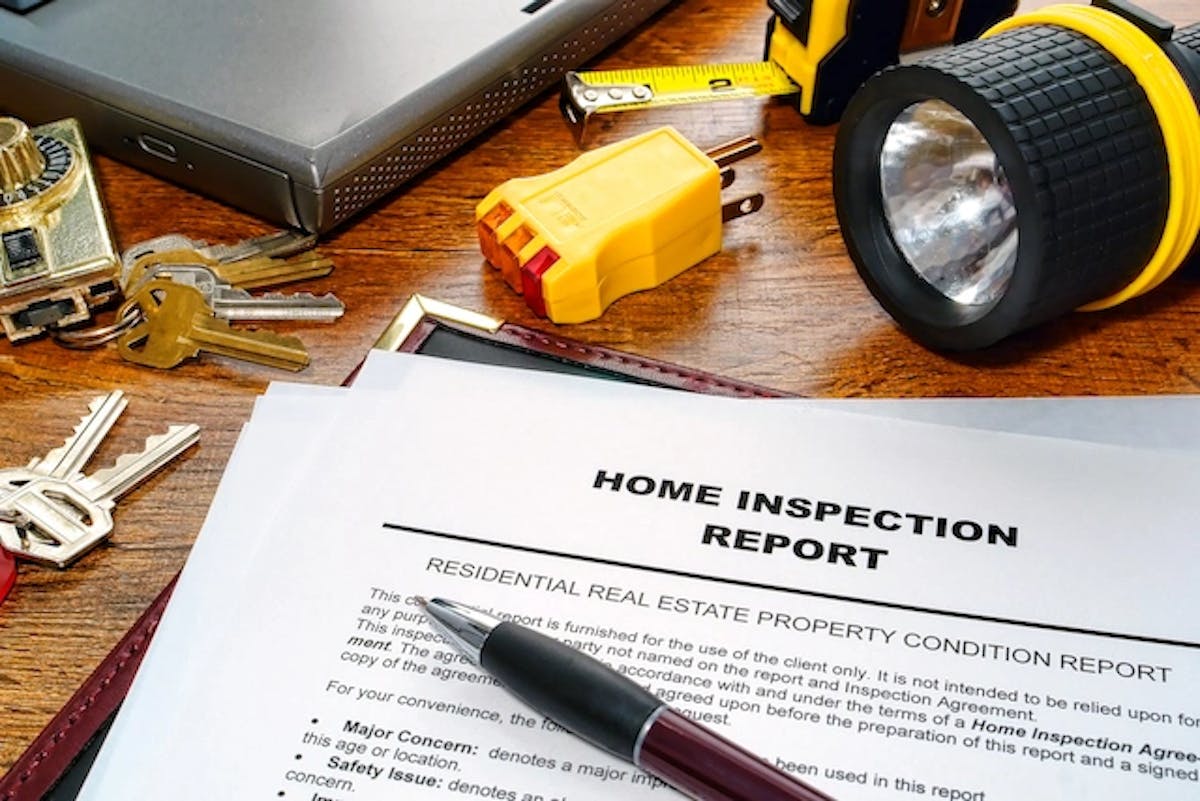


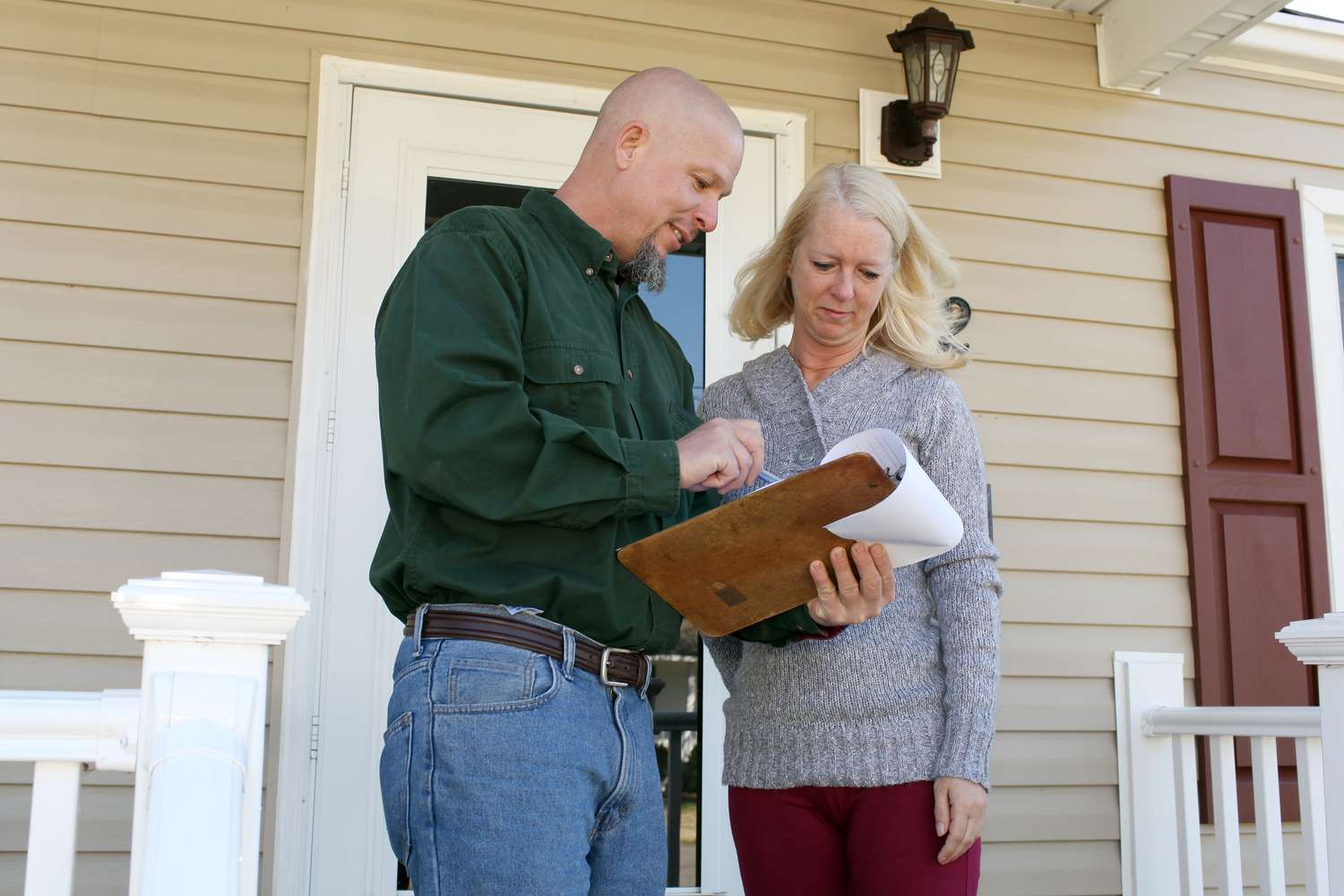


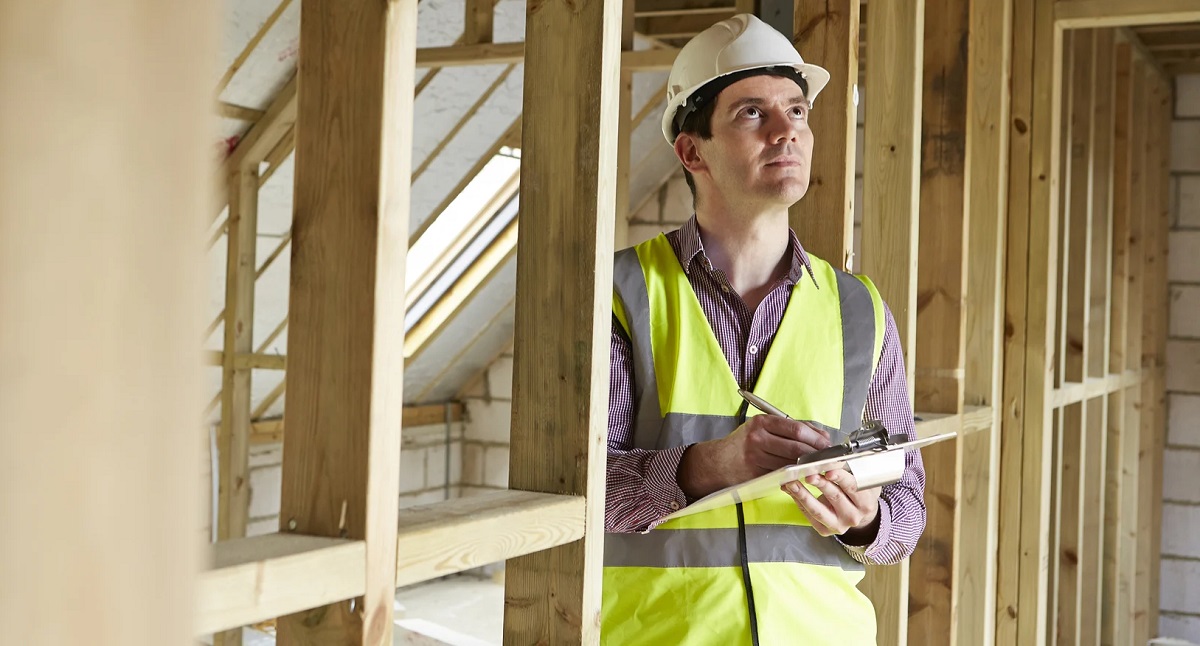
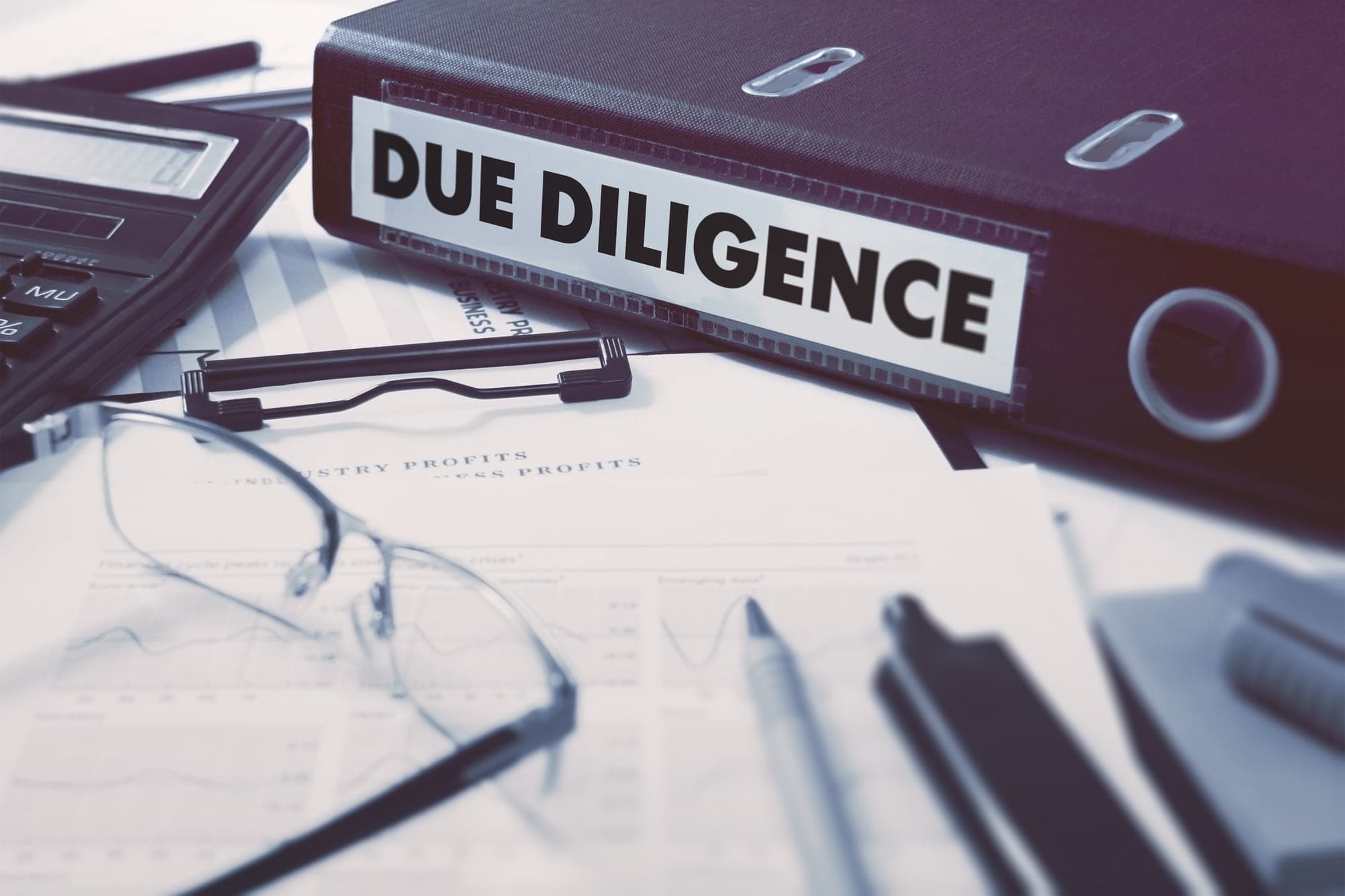





0 thoughts on “What Happens If A Buyer Does Not Respond To The Inspection Report?”